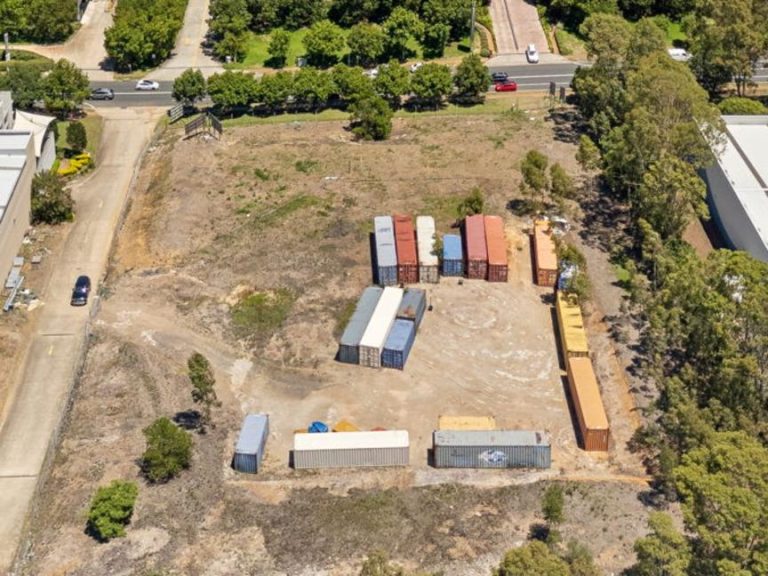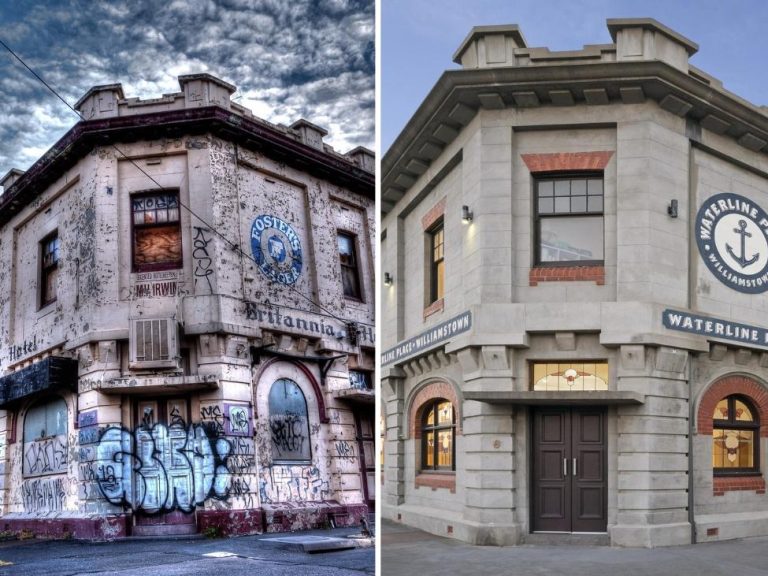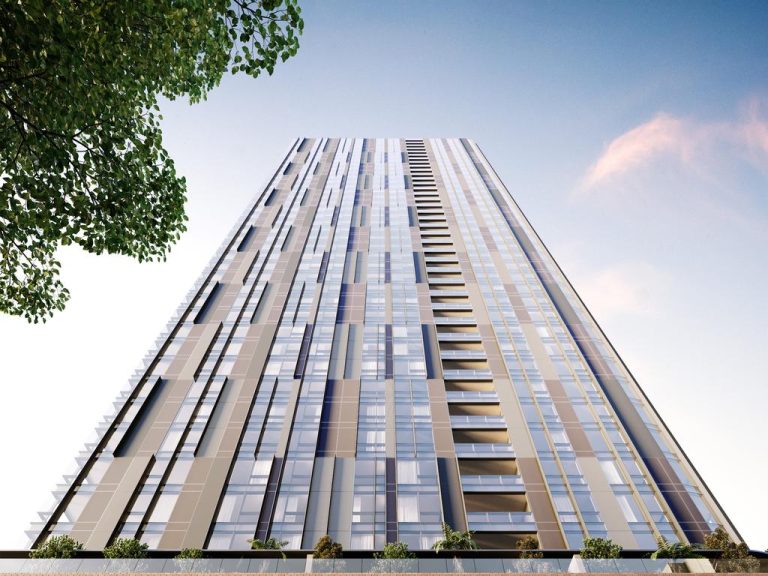Living for the weekend: What is it like to run a nightclub in 2024?
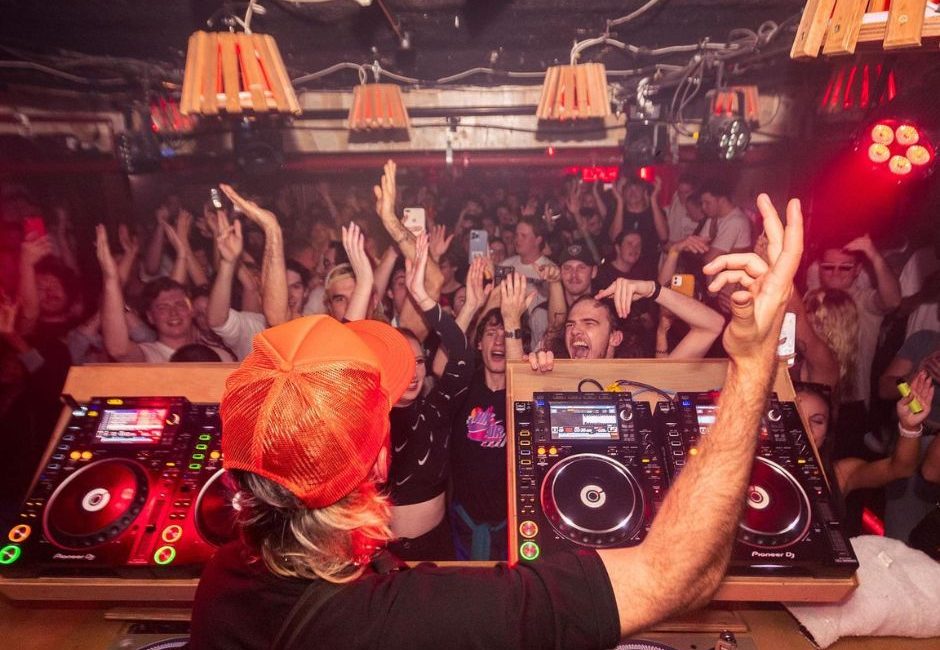
As one of Sydney’s oldest night spots, 169 Oxford Street has operated under many different names over the years, from Miind Club and Suzie Q’s to Nevermind.
In the 1990s, when it was called Byblos (arguably its most well-known incarnation), a fresh-faced Kerry Wallace enjoyed many formative nights and early mornings on the club’s dance floor.
“I used to go there every week starting from when I was 16, so it’s fair to say I know the venue pretty well,” Mr Wallace told realcommercial.com.au.
“I think it was the first nightclub in Oxford Street’s history. I can’t remember the name exactly, but at one point in time it was a cabaret club. There was a restaurant on one level and below that was a cabaret venue.”
Following an extensive renovation in 2023, Mr. Wallace reintroduced the Darlinghurst establishment as Carousel – a hub of underground house and techno infused with a cabaret meets ’70s discotheque ambiance.
“During the refurbishment, we dug under many layers of the floor and uncovered a circular carousel stage with these little old rusted wheels, which was used back when it was a cabaret club. That discovery inspired the name,” he explained.
Launched in the wake of the pandemic, Carousel was intended to coincide with the rebirth of Sydney nightlife by operating as a cocktail bar during the week and nightclub on the weekends.
But the combination of lockout laws and the impact of COVID during the past eight years has created tough economic conditions for business owners across nightlife and entertainment.
“Unless there’s a big show happening somewhere like The Metro Theatre, Sydney’s midweek trade is dead. It’s just not worth the time, cost of staff and security to keep Carousel open during the week,” said Mr Wallace.
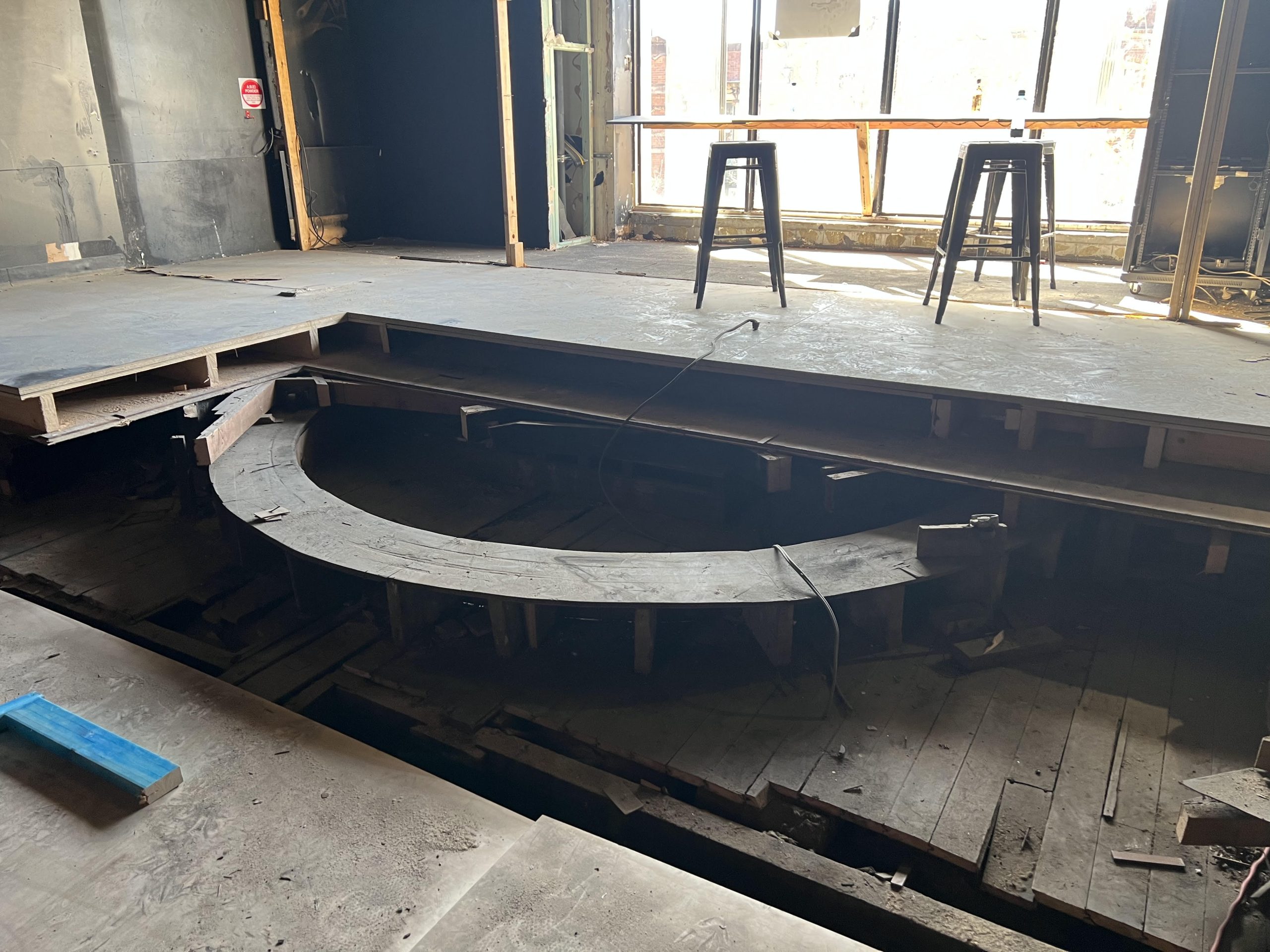
Carousel was re-named for the rotating section the owners found under the stage in the venue while renovating. Picture: Supplied
Just down the road on William Street, Club 77, another of Sydney’s most enduring night clubs (and recently crowned the city’s #1 club by Time Out), has similarly scaled back its operations from seven days to three days a week.
Owner Dane Gorrel insists the way Sydneysiders approach night-time entertainment has changed significantly.
“People just don’t go out as much they used to. Back in the ’90s and 2000s, you could go out seven nights a week and everywhere would be buzzing. Realistically today people are going to choose one night and that’s usually Saturday,” explained Mr Gorrel.
“If you make the weekends your bread and butter and focus on making those nights as good as they can possibly be, that’s definitely a far more profitable and easier way to operate.”
A similar story has played out in Brisbane’s renowned music hub of Fortitude Valley.
“People still love to go out in the Valley on weekends. But midweek, it can be pretty quiet around here sometimes,” said Black Bear Lodge owner, Aidan Beiers.
“With the precarious climate of the world and people’s financial situations, it’s just getting more and more challenging.”
A new generation of clubbers
The prolonged closure of nightclubs during the pandemic has not only highlighted economic issues, but also introduced unforeseen challenges for owners, particularly with the emergence of a new generation of clubbers now of legal age.
“When we reopened after COVID we had kids celebrating their 18th birthdays when they were 20 years-old. Sadly, there is an entire generation of young people that completely missed out on what it’s like to go out to nightclubs,” said Dane Gorrel.
He added that a lot of effort can be spent focused on “re-educating” Gen Z on the essentials of proper club etiquette.
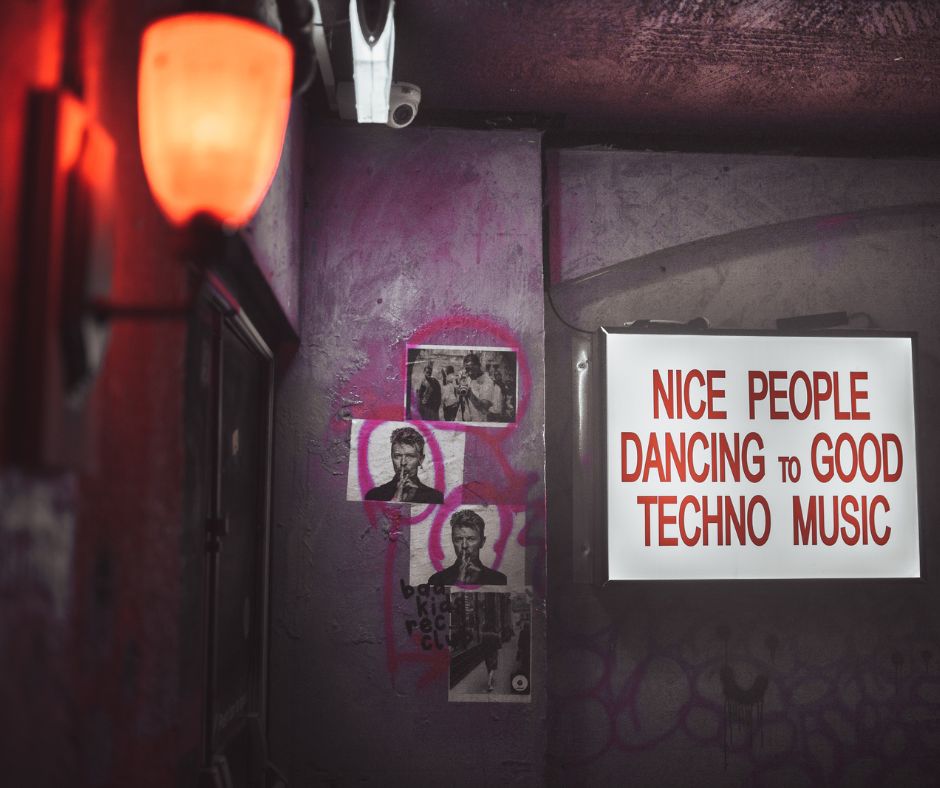
Club 77 in Sydney. Picture: Supplied
“We want younger kids to understand how you should act when you’re out and what’s respectful. Even really simple things like how to behave when lining up in the queue can be a problem.”
Kerry Wallace pointed out that the pandemic, coupled with six years of Sydney’s draconian lockout laws, has fundamentally shifted the behaviour of young club goers.
“The new kids that come out aren’t used to being able to hop from club to club or go down the road and have something to eat and then go back to the club. They head out to see a headliner play and then they go home.”
Dane Gorrel echoed this sentiment, noting how clubbers of today prefer to arrive when the club is at its peak.
“They don’t want to be here at the start of the night when you’ve got the warm-up DJ creating the atmosphere and setting up the vibe for the night – they’re not really interested in that. It’s one of the biggest changes we’ve noticed and one of the biggest challenges going forward.”
DIY clubbing
While the pandemic has posed significant hurdles for many club owners, for Melbourne promoter and entrepreneur Tim Fennell, it presented an unexpected opportunity.
Without the pandemic, the establishment of his club Miscellania – a two-story venue and rooftop bar in the heart of Melbourne’s CBD – might never have happened.
“To be honest, we probably wouldn’t have had the chance to take over a venue of this scale with a late-night licence right in the middle of city if it hadn’t been for COVID,” Mr Fennell said.
“The previous owner had to leave the country; she was Chinese, and the venue had been closed for a while. So we just went for it. In hindsight, opening a club mid-COVID was probably foolhardy, but it’s been three years and we’re still here.”
Reflecting on the refurbishment of the club, Mr. Fennell described Miscellania as a “truly DIY” endeavour.
“We didn’t come in and drop hundreds of thousands of dollars on the place. We did almost everything ourselves, redecorated ourselves and we even built the lighting rig with some friends.”
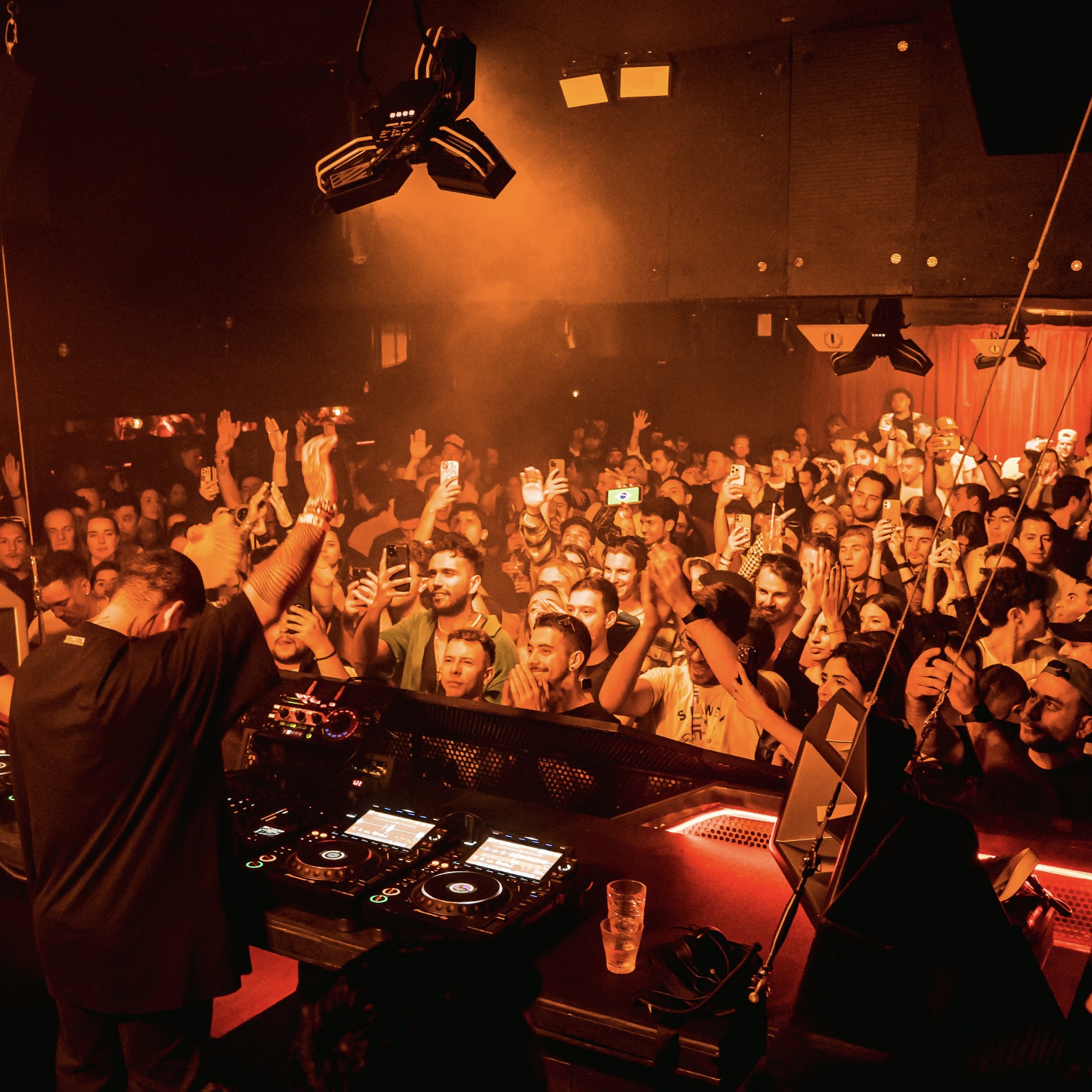
Carousel in Sydney. Picture: Supplied
A similar DIY philosophy is applied to the club’s bookings and operations.
“We’ve always tried to keep it pretty local and focused on the community rather than booking big international or interstate acts,” Mr Fennell explained.
“But at the end of the day, we still face the same problems that more ‘commercial’ club do, like customers spending a lot less on alcohol and landlords jacking up the rent.”
From the outside looking in, it’s a commonly held belief that the Victorian government is supportive of Melbourne nightclubs and live music venues, however Mr. Fennell attests this notion is somewhat misleading.
“I think there’s a lot of lip service paid to that kind of stuff. We’re supposed to be supported and yet there is the constant hiking of government costs and not much concrete action being taken to support venues.”
“And we still get constant noise complaints from residents despite this venue having been licensed for 20 years!”
NSW vibrancy reforms
Navigating noise complaints has similarly been a huge challenge for NSW club owners for years.
In an effort to minimise sound escaping from Carousel, Kerry Wallace spent about $250,000 on a new roof for the club.
“And we still get a handful of neighbours crying blue murder, even though they know full well that they live directly behind a nightlife district,” he said.
Last year, a host of new “vibrancy laws” were proposed by the NSW Government to make it easier for clubs and live music venues to host events – and more difficult for noise complaints to lead to them being shut down.
“This is another step in removing the nanny state restrictions, the red tape that have really stifled the vibrancy, the life and the fun out of Sydney for the last 10 years,” NSW premier Chris Minns said at the time.
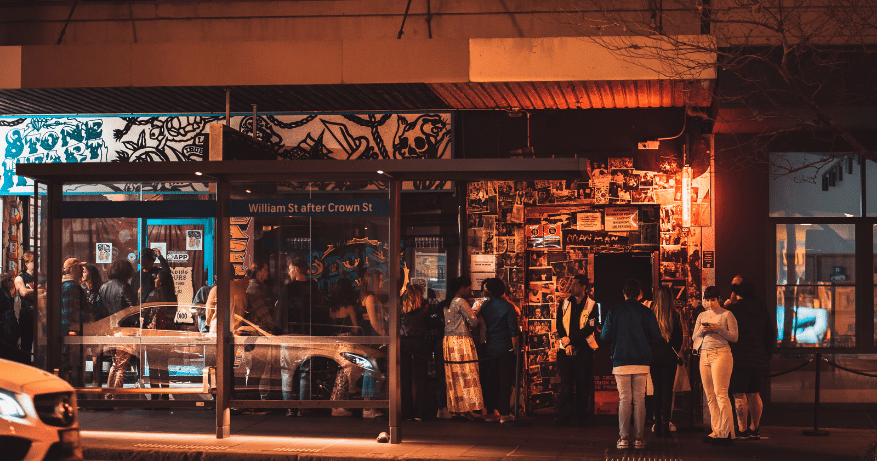
New vibrancy laws will be introduced in Sydney to preserve late-night venues. Picture: Supplied
“We will no longer allow just a single noise complaint to close down live music venues right across NSW.”
Club 77’s owner said the new laws were a huge step forward for Sydney.
“I think the NSW government in general is doing an amazing job. So is the City Of Sydney, the Night Time Industries Association and the 24-hour Economy Commission,” Mr Gorrel told realcommercial.com.au.
“There’s never been so many grants to help live music and nightclubs and there’s never been this much support in the last decade. There is massive opportunity right now to move things forward.”
According to Gorrel, the only organisation impeding the success of Sydney clubs is NSW Police.
“Club 77 is approved to trade for 22 hours on a Sunday, but when we tried to do that, Kings Cross Police intimidated us to the point where I had to shut it down. They’re abusing the extra powers awarded to them during the lockout law era to involve themselves in areas beyond their jurisdiction, which is a big problem that has been raised in parliament.”
The future of nightclubs
As for what Australia’s nightclub scene might look like in 20 years, Mr Gorrel noted that after recently attending the world’s leading electronic music conference, Amsterdam Dance Event (ADE), the future is looking bright for intimate nightlife venues.
“I doubt we’ll see more super clubs opening anytime soon. One of the key takeaways at ADE that many industry leaders all agreed upon – based on operating costs, creating an intimate atmosphere and building a community – is small clubs are the way forward.”
And what advice could be offered to potential future club owners?
“Do your research to establish your market. And make sure you’ve got enough finances behind you to be able to trade through the first 12 to 24 months and any rough times,” offered Mr Gorrel.
Kerry Wallace suggested budding club entrepreneurs in NSW should wait until the new vibrancy laws come into effect, which will see the entirety of Sydney City become a Special Entertainment Precinct.
“By then it will be a lot safer to open a club and know the government is actually backing you.”

